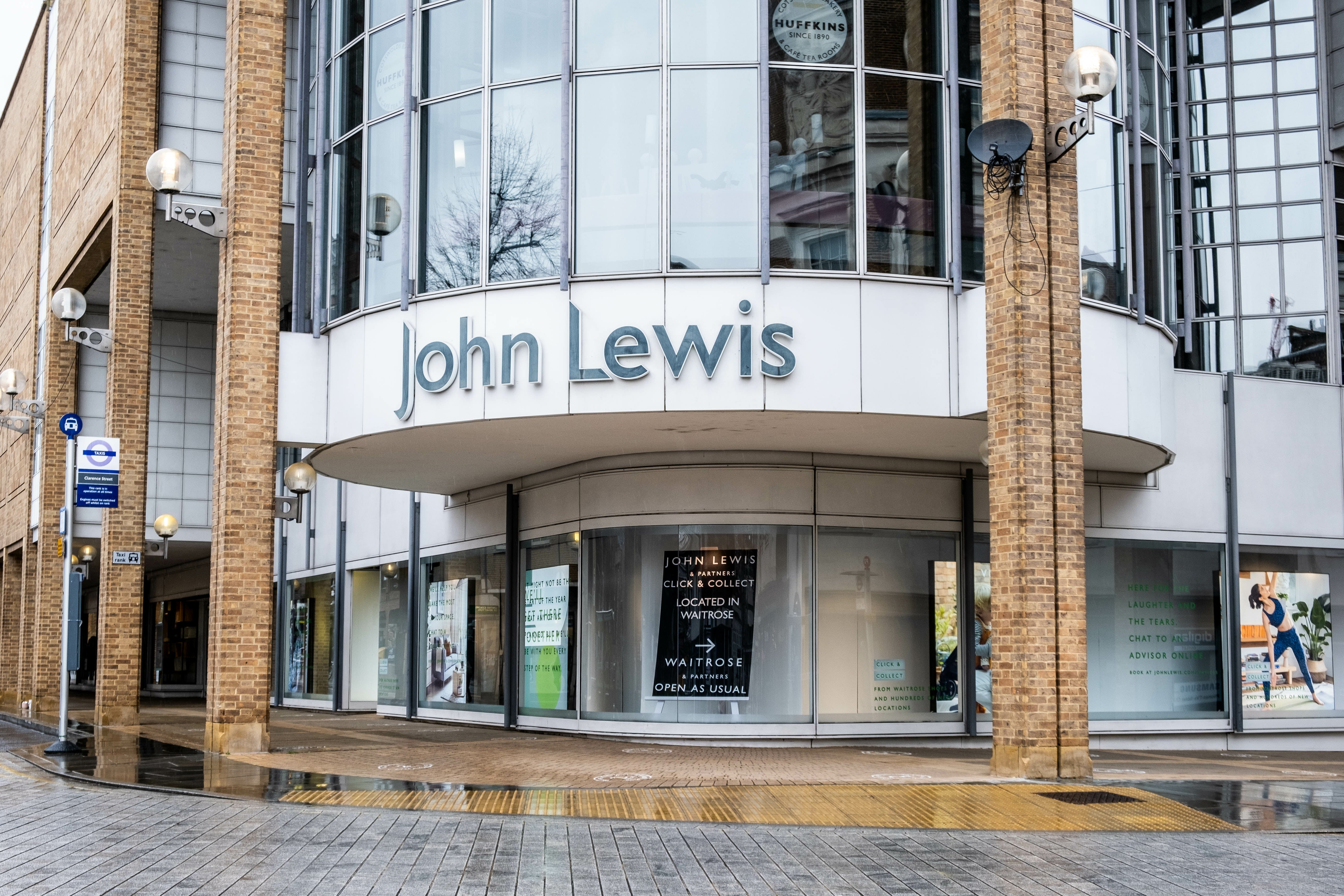It’s been a fraught time for retail, to say the absolute least. As retailers in every sector of the business grapple with post-pandemic (or second-wave) projections—and an era of ever fewer brick-and-mortar stores and ever more e-commerce—one chain has figured out a fascinating solution for its unused real estate.
Flashy brands, from Missoni to Aston Martin to RH, have dipped a toe into the residential business, but now, British retail giant John Lewis is joining their ranks. The company is in the initial stages of creating 10,000 residential units, 70 percent of which will be built into its existing real-estate portfolio (including in its parking lots and above its grocery stores). And here’s the kicker: Tenants will be able to furnish their new apartments and houses with products from John Lewis.
For all retail companies—particularly those in the home products sector—this strategy represents a new take on how to deal with the changing store landscape. And unlike some of the other brands, John Lewis plans to handle the process in-house instead of hiring third-party developers. (Missoni’s Baia Tower in Miami, which recently topped off construction, is a partnership with OKO Group and Cain International, while Aston Martin teamed up with global property developer G&G Business Developments for another Miami tower that will open in 2022; RH, meanwhile, invested $105 million in local real estate to become a long-term tenant and part-owner of the first RH Residences in Aspen, Colorado.)
In its announcement, John Lewis touted the boost it expects from the long-term, somewhat-guaranteed income, as well as the jobs the development will create. The retailer currently operates 35 department stores under its namesake brand, as well as 330-plus supermarkets under the Waitrose nameplate, all of which are located abroad. The company has suffered recently, recording losses in early 2021; its move into real estate is both innovative and a matter of self-preservation.
For its part, the company has framed the push into residential as an altruistic one to support the U.K.’s housing shortage. “As a business driven by social purpose, we have big ambitions for moving into property rental,” Nina Bhatia, executive director of strategy and commercial development for the John Lewis Partnership, told BBC.
Once the units are offered to the public, renters can choose to take the space unfurnished or completely done up with John Lewis merchandise. It’s not the retailer’s first foray into the furniture rental business. It had been testing a freestanding program in London, which is now expanding elsewhere in England. The rent-to-own program allows consumers to buy the furniture after a year, as well as to apply their rental payments to the cost of buying the products outright.
The merger of residences with the companies that furnish them is turning up more and more, but the John Lewis approach is an exciting new twist on the theme—and something retailers in the home business on this side of the Atlantic may want to watch closely.
Homepage image: © Martin Lee | Adobe Stock
____________
Warren Shoulberg is the former editor in chief for several leading B2B publications. He has been a guest lecturer at the Columbia University Graduate School of Business; received honors from the International Furnishings and Design Association and the Fashion Institute of Technology; and been cited by The Wall Street Journal, The New York Times, The Washington Post, CNN and other media as a leading industry expert. His Retail Watch columns offer deep industry insights on major markets and product categories.





























